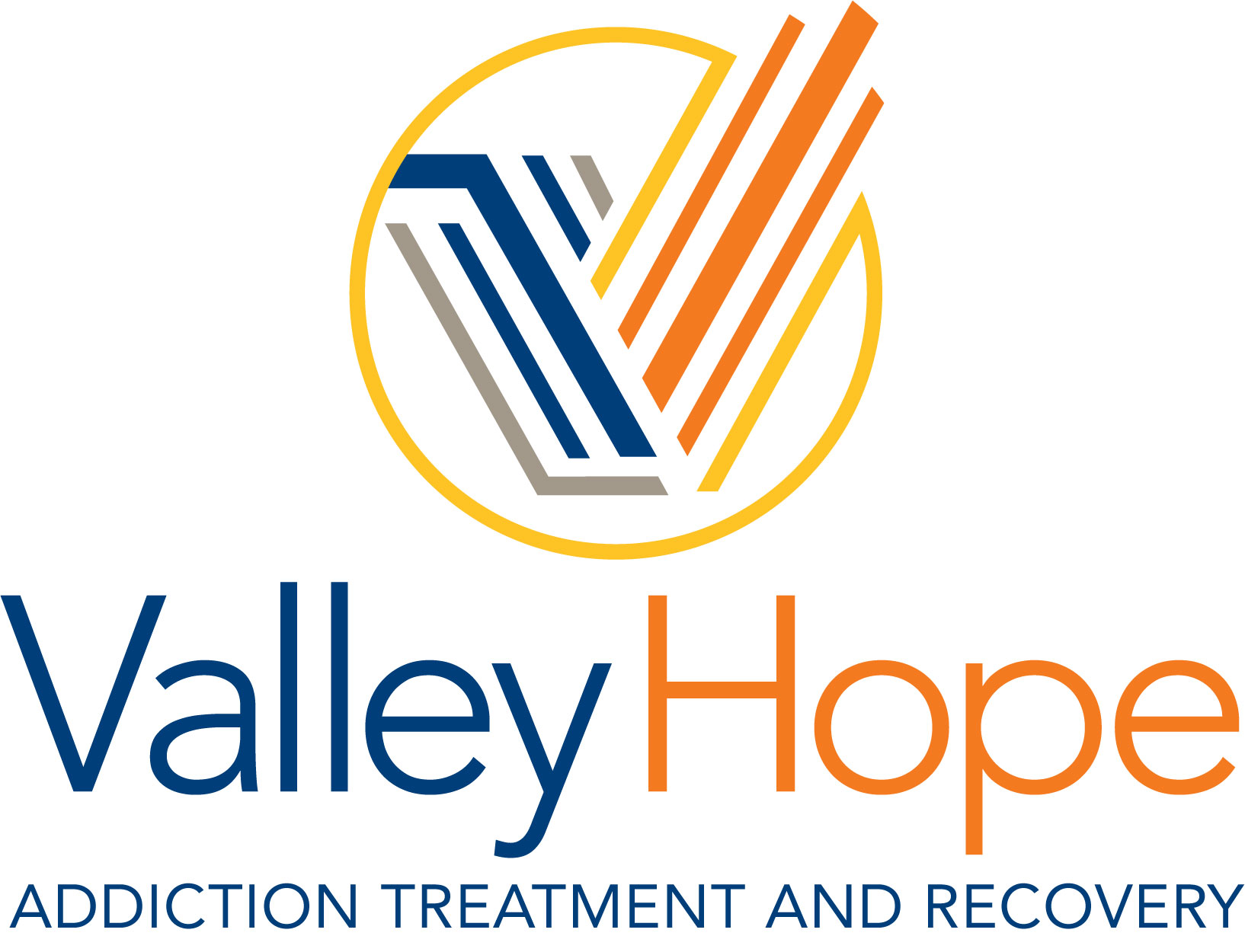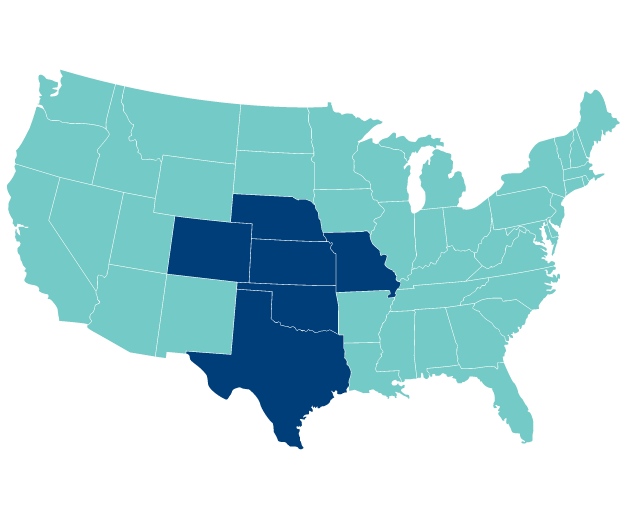A Dual Challenge
Addiction and mental health issues are deeply interconnected. For millions of people, substance use is not just about addiction — it’s also a way to cope with underlying mental health struggles like depression, anxiety, trauma, or PTSD. Lasting recovery begins with treating both conditions simultaneously, a concept known as co-occurring treatment.
Understanding Co-Occurring Disorders
Co-occurring disorders (also called dual diagnosis) refer to the presence of both a substance use disorder and a mental health disorder. According to the National Institute on Drug Abuse, more than 9 million adults in the U.S. experience both simultaneously.
Why does this happen so frequently? There are several reasons:
- Self-medication: Individuals may use drugs or alcohol to numb emotional pain or manage mental health symptoms.
- Chemical changes: Prolonged substance use can alter brain chemistry, triggering or worsening mental illnesses.
- Shared risk factors: Genetics, trauma, and environmental stressors can contribute to both conditions.
The Risks of Treating Only One Side
Attempting to treat addiction without addressing mental health (or vice versa) often leads to relapse. Mental health symptoms left untreated can drive someone back to substance use. Similarly, ignoring addiction can prevent effective mental health treatment.
For example:
- A person recovering from opioid addiction may struggle with untreated PTSD, increasing the risk of relapse.
- Someone with severe anxiety might stop taking medications or attending therapy if their alcohol use isn’t addressed.
Comprehensive Co-Occurring Treatment
Valley Hope Addiction Treatment and Recovery offers comprehensive, compassionate care for those with co-occurring disorders. Here’s how our programs stand out:
1. Individualized Assessments
Each patient receives a full psychological and substance use assessment upon intake to ensure both conditions are diagnosed accurately.
2. Integrated Therapies
We offer a blend of evidence-based treatments, including:
- Cognitive Behavioral Therapy (CBT)
- Trauma-informed care
- Group therapy with a dual focus
3. Coordinated Medical Support
Our clinical teams — including licensed therapists and medical staff — work together to provide seamless support. Medication-assisted treatment (MAT) is also available when appropriate.
4. Continuum of Care
From detox to residential and outpatient care, Valley Hope ensures patients receive ongoing support for both mental health and addiction through every stage of recovery.
The Impact: Real Hope, Real Healing
Treating mental health and addiction together improves outcomes significantly. Patients experience:
- Reduced risk of relapse
- Better emotional regulation
- Improved relationships
- Enhanced quality of life
Recovery isn’t just about staying sober — it’s about feeling whole. At Valley Hope, our mission is to walk alongside each person in their journey toward lasting healing.
Take the First Step
If you or a loved one is struggling with both addiction and mental health challenges, know this: You are not alone. Valley Hope is here with the expertise, compassion, and tools you need to recover fully.
Reach out today to learn more about our co-occurring treatment programs.











